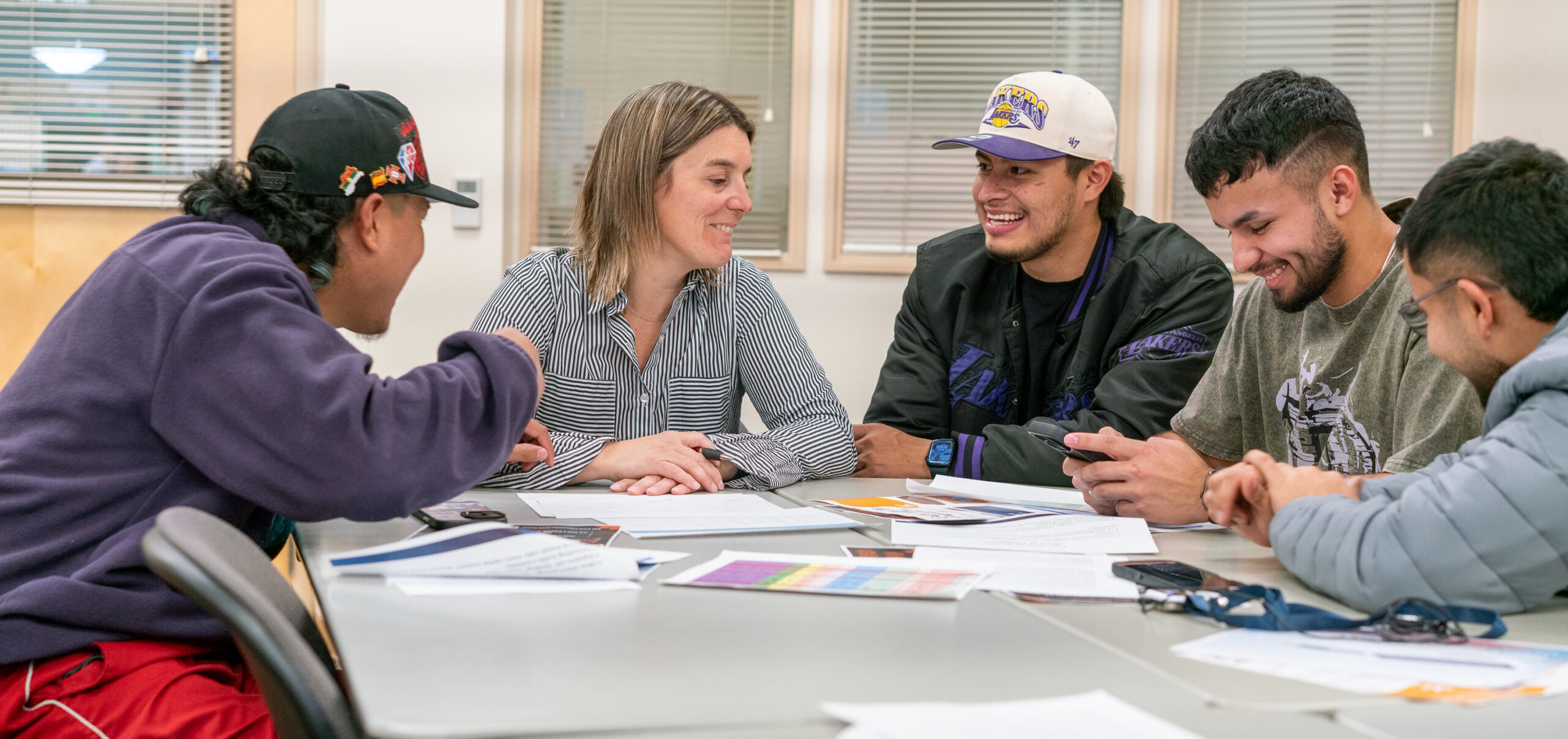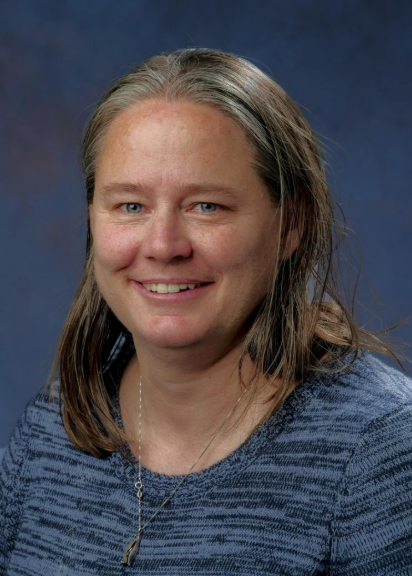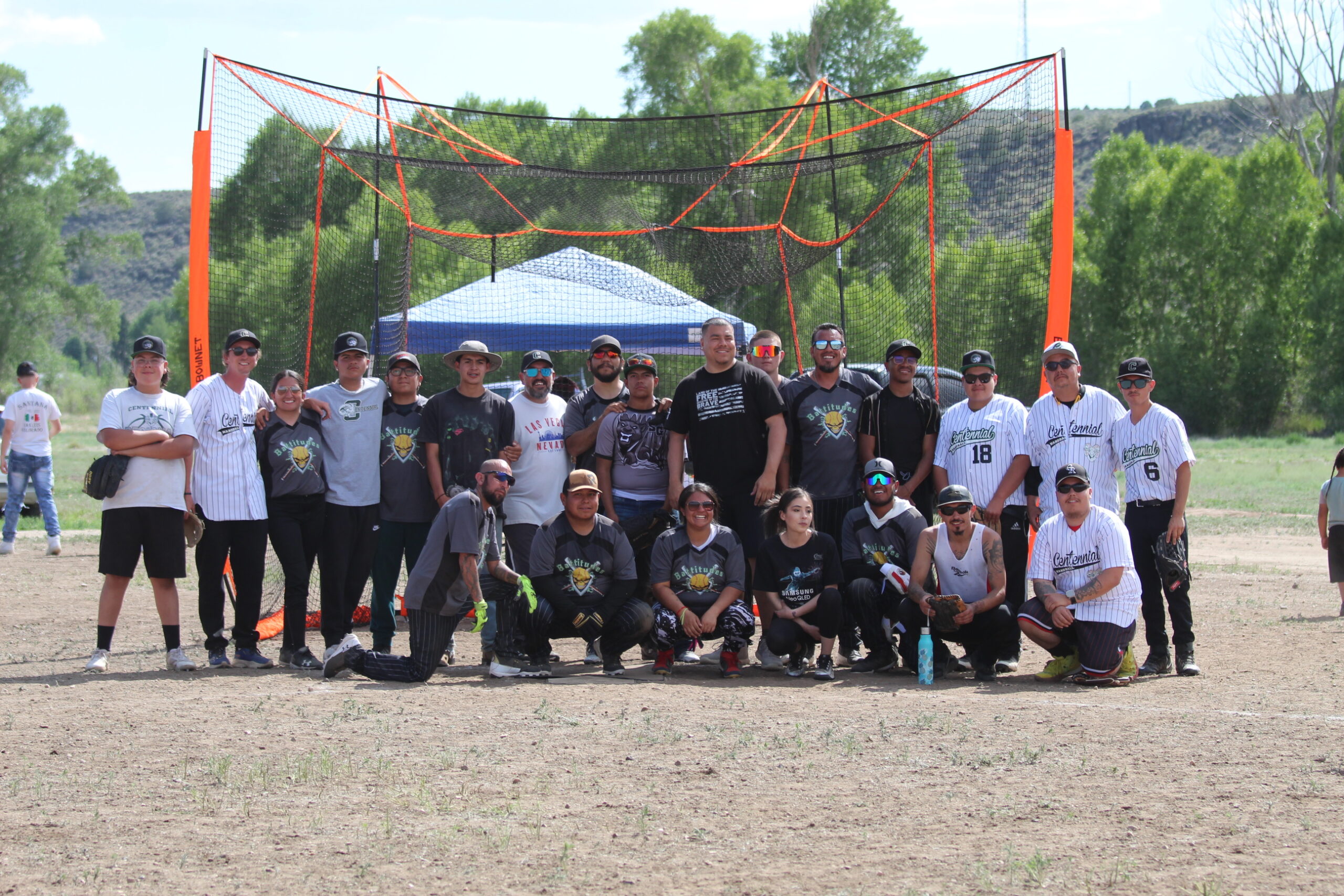“We need to take this virus seriously,” I insisted. It was early March 2020. “There are already fourteen cases in Washington, and I just saw a news report that estimated that the virus had been circulating there for six weeks!” My classmates stared at me dubiously. “And studies are already showing that the novel coronavirus is both more contagious and more deadly than the flu.”
They shrugged it off, some telling me that I was being silly. A part of me began to hope that there was a massive pandemic just so I wouldn’t turn out to be wrong. Two weeks later, though, I was proven right. On March 13, I walked the halls of my high school one last time before boarding the bus home, to my new life of social distancing.
By May, I had applied for a gap year from college. My father has several pre-existing conditions that put him at heightened risk for severe COVID (he refers to himself as Corona Bait™), so I didn’t want to risk in-person schooling. Remote learning, despite my teachers’ best efforts, had been haphazard. Typically I’m a perfectionist, but now I struggled just to keep up. I didn’t want my first college courses to be like this.
I have been social distancing for over a year now. Fortunately, my mother can work from home and make enough money to support us, so I don’t have to risk my life in essential work. I can leave the house to walk the dog, ride my bike, and little else. After a few months of unemployment, I found remote work for a math tutoring company before taking a communications job at Boettcher. Through my now-electronic social interactions, I began to notice something interesting.
I’m autistic, and while my autism isn’t all of who I am, it affects every facet of my life. As a result, I was social distancing long before the rest of the world was. I’m used to isolation, having been an outsider for most of my life. I’m used to feeling worn out from ordinary conversation (which is why I find the phrase “Zoom fatigue” incredibly amusing). I’m used to living in uncertainty, having only a blurry idea of what the future would hold. During remote learning, my classmates began to complain of the very things that I’d taken for granted, and I realized that, suddenly, they were living my life. Half the country was living my life.
I had long suspected that most people would have difficulty handling an experience like mine, but I had always felt a sort of pride in that. I was tough, hardened by the world in a way that these people could not possibly grasp.
But when I heard my classmates lamenting the time they should’ve been spending with their friends, time that was now spent staring at dusty corners and grubby computer screens, or the torrent of anxiety stirred by being alive in the current moment, or even just the lingering notion that something was off — I felt that. And I could no longer pretend that I was tougher or more capable, because I wasn’t. I had been inadvertently prepared, yes, but autism doesn’t come with a secret superpower that unveils itself only when there’s a deadly virus on the loose. Like many autistic people, I rely heavily on routine, most of which I lost overnight. Like my peers, I felt crushed by the world; reading the news was physically painful. There was even a point when I wished I could have a conversation with someone other than my parents — what a feeling! Just like my friends were getting a taste of what it was like to be autistic, I was getting a taste of what it was like to be neurotypical (non-autistic).
Lockdown, for me, is almost over. My parents are getting vaccinated, and I will be eligible for the vaccine in a matter of days. Herd immunity will be achieved in the United States. But while I’m excited to get out of my parents’ house and into college, I’m not pining for a “return to normal.” The concept of “normal” is variable, depending on who you are, where you live, the opportunities that you have or don’t. I hope that we as a society remember that as we advance beyond COVID. I hope that we not only prepare ourselves for the next pandemic (because, yes, there will be another one), but create a better, more accessible normal than the one we left.
Kat Falacienski is a 2020 Boettcher Scholar and Boettcher Foundation Intern.




